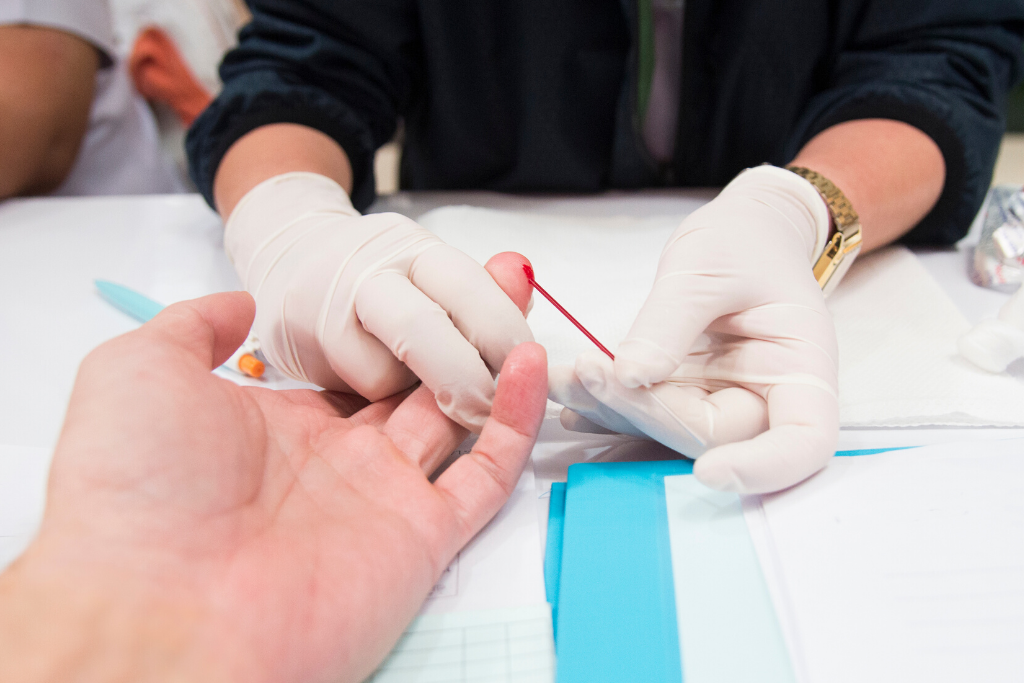
As the economy regains its footing after an unprecedented three months of coronavirus-related lockdowns, businesses that furloughed or laid off employees, or mandated they work from home, are implementing return-to-work plans. Those plans typically involve some form of, often mandatory, screening of employees.
The Equal Employment Opportunity Commission (EEOC), while allowing mandatory fever screening, and even swab tests designed to reveal the active presence of the virus, has put the kibosh on mandatory coronavirus antibody testing, due to reliability concerns. Meanwhile, other federal agencies recently clarified that the Families First Coronavirus Response Act’s (FFCRA) requirement that health plans cover coronavirus testing with no cost sharing does not extend to general workplace safety testing.
Return-to-work testing: The starting point
In light of coronavirus transmission concerns, employers are now faced with many key decisions, such as whether to test, who to test, how to test, how frequently to test and, importantly, who is going to pick up the tab for the cost. In making these decisions, employers are considering a variety of factors, including the nature of the work, the high- or low-risk nature of the workplace, risk of exposure and transmission, cost, and the extent of any state or local testing mandates.
Lockton comment: Some states are mandating certain industries conduct screenings before allowing employees to return to work. For example, California’s Department of Health issued a letter to all skilled nursing facilities in the state, requiring them to test patients and staff in hopes of slowing the spread. Early detection is critical to nursing homes, as workers sometimes work at multiple homes and can easily spread the virus from facility to facility.
Most employers know that subjecting employees to mandatory post-employment medical tests must be “job related and consistent with business necessity,” per the American’s with Disabilities Act (ADA). The EEOC had previously given the green light to employers to conduct fever screens as part of the commission’s broader guidance related to pandemics.
The commission has also indicated other types of tests, such as the nasal swab test, to detect active cases of the virus may also be administered to employees as long as the test is accurate and reliable. For this latter purpose the EEOC says employers may rely on the most recent guidance form the U.S. Centers for Disease Control and Prevention (CDC).
Lately, however, more employers have sought to test employees for coronavirus antibodies to determine if the employee was exposed to the virus and recovered. But the EEOC has ruled that form of testing doesn’t comply with the ADA:
“In light of CDC’s Interim Guidelines that antibody test results ‘should not be used to make decisions about returning persons to the workplace,’ an antibody test at this time does not meet the ADA’s ‘job related and consistent with business necessity’ standard for medical examinations or inquiries for current employees. Therefore, requiring antibody testing before allowing employees to reenter the workplace is not allowed under the ADA.”
Lockton comment: The CDC’s view about antibody testing as a return-to-work gateway is based on the CDC’s determination that antibody testing is not yet a reliable indicator of current infection or immunity.
Who pays?
A frequent question from employers is, “Can I require my employees to pay the cost of coronavirus testing?” We think employers should not attempt to shift the cost of a return-to-work test to the employee. EEOC enforcement guidance relating to the ADA says that when an employer requires an employee (who the employer reasonably believes poses a “direct threat” to the workplace) be examined, the employer must pay the full cost of the examination. The CDC has indicated the COVID-19 pandemic meets the “direct threat” standard.
To the extent the employee is covered by the employer’s medical plan, any coronavirus test ordered by a physician during the pandemic emergency period declared by the Secretary of the Department of Health and Human Services must be paid by the plan with no cost sharing from the employee, per the FFCRA. That testing mandate applies to related tests designed to rule out the coronavirus.
However, federal authorities have recently made clear that “testing conducted to screen for general workplace health and safety (such as employee return to work’ programs) … or for any other purpose not primarily intended for individualized diagnosis or treatment of COVID-19 or another health condition is beyond the scope of” the mandate.
